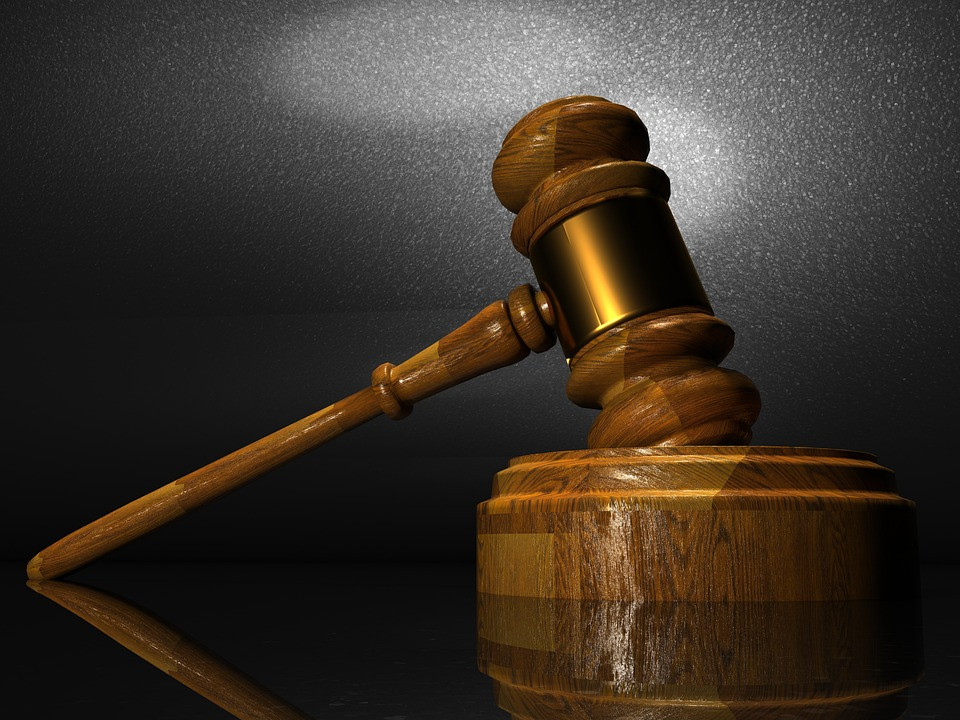
For many people, the term ‘conservatorship’ may, at best, raise fuzzy memories of pop star Britney Spears battling in court several years ago for control of her money as well as her personal and business decisions.
But use of the powerful legal tool extends to far more cases than Spears’s, and are often far less public.
RELATED: Los Gatos man disputes county-initiated conservatorship
A judge appoints a person, called a conservator, to care for another adult who is found to be incompetent of handling either their personal or financial affairs, according to the Santa Clara County Superior Court.
“Imagine the decisions that you can make in your life,” said Elijah Keyes, a certified specialist in probate, trust and state law based in San Jose. “What a judge in a conservatorship does is to appoint a representative to make those decisions for you.”
A conservatorship of a person entails someone overseeing the decisions in a person’s life – from the food they eat to medical care decisions, Keyes said. A conservatorship of an estate asserts control over a person’s money and assets. The conservator will have different levels of responsibility depending on the case — ranging from paying the bills to ensuring the conservatee’s pets get medical care, said Carlotta Royal, social services program manager for Santa Clara County.
There are several reasons why a person can be placed in a conservatorship. An LPS conservatorship is for those who are “gravely disabled,” Keyes said, meaning they do not have the capacity to manage any part of their lives. A limited conservatorship can be created for an adult with developmental disabilities, Keyes said.
A probate conservatorship can be implemented for anyone who cannot manage their affairs or is susceptible to undue influence, Keyes said. That generally includes people with dementia, traumatic brain injuries or other events in their life preventing their ability to manage their decisions, said Lee Pullen, director of Aging & Disability Services for San Mateo County Health.
Undue influence is essentially “brainwashing,” Pullen said. People who have suffered memory loss or brain injuries can be more vulnerable to being influenced in a way that is not in their best interest.
“It’s where the perpetrator has just put this person under almost a cult-like bubble,” Pullen said. “They’ve shut them off from their family and friends. Their whole lifestyle has been changed since this person came into their life, and the person who came into their life is misappropriating the funds.”
Pullen added that a court would likely only conserve someone just because they were under undue influence if it met “a really high bar.”
“It’s very hard to make the case because we have rights to self-determination,” Pullen said. “That’s foremost — that people have the right to exercise their own judgment, even if it’s not good for them.”
Proceedings to place someone in a conservatorship can be initiated either by a private individual, such as a family member, or the public guardian, which is a government agency, Pullen said.
Potential conservatees are referred to the public guardian’s office through a range of sources, including adult protective services, jails, skilled nursing centers and the superior court, said Royal. The office will then conduct an investigation into whether a conservatorship is appropriate.
Conservatorship proceedings require four components, Keyes said:
A petition;
A capacity declaration following an examination by a doctor or psychologist;
An appointed attorney to defend the conservatee’s interests; and
An investigator to determine whether the petition is proper, whether a conservatorship is necessary and whether the conservator is the appropriate person.
In some cases of undue influence, the capacity declaration can be done by a social worker instead of a doctor, said Lisa Pate, chief deputy public administrator guardian conservator for Santa Clara County’s Office of the Public Administrator Guardian Conservator.
The conservatee also has the opportunity to dispute the proceedings, and the case can go to a judge or jury trial, Pate said.
“We always refer to ourselves as the last resort, and we’re always making sure that this is the only option, because it’s taking away people’s rights, and that is not what we want to do,” Pullen said.